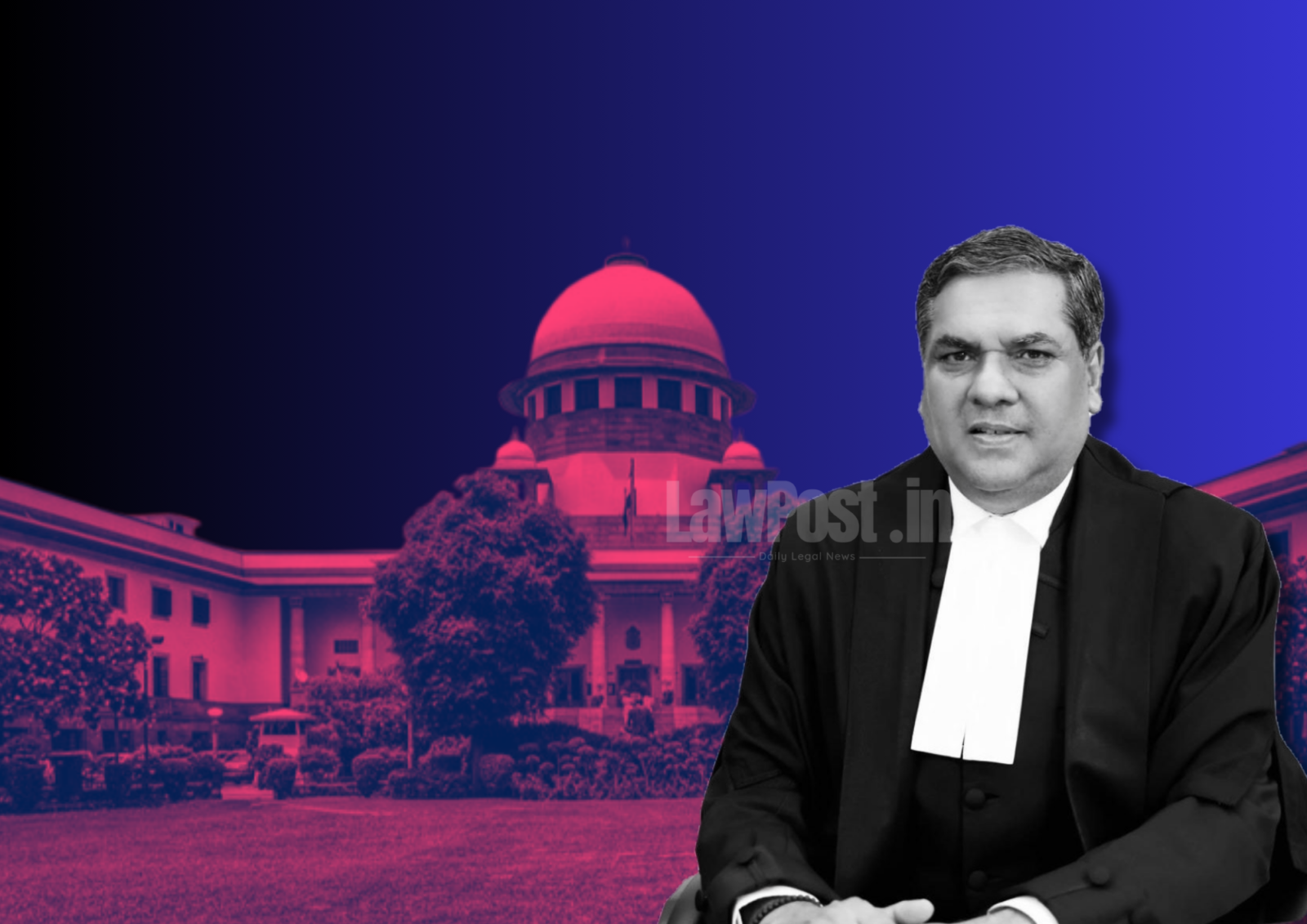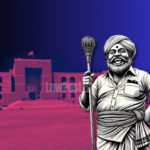The Supreme Court of India, under the leadership of Chief Justice of India (CJI) Sanjeev Khanna, convened a National Conference on Addressing Issues Faced by the State Judiciary to engage with key stakeholders and strategize solutions for judicial challenges.
The conference, attended by Supreme Court judges, Chief Justices and judges of High Courts, district judges, and senior government officials, featured four technical sessions covering crucial aspects of judicial administration.
Key Discussions and Resolutions
In the first session, CJI Khanna, along with Justices Abhay S. Oka, B.V. Nagarathna, and Dipankar Datta, deliberated on reducing case backlog, streamlining case disposal, and identifying bottlenecks in the judicial system.
The second session, chaired by Justice B.R. Gavai with Justices P.S. Narasimha and K.V. Viswanathan as co-chairs, examined the feasibility of uniform case categorisation across courts and the role of technology in enhancing judicial efficiency.
Judicial recruitment and structural improvements were the focus of the third session, led by Justice Surya Kant with Justices J.K. Maheshwari and Sudhanshu Dhulia. Discussions covered timely recruitment of judges and court staff, empanelment of legal aid counsels, and the establishment of a permanent IT and data cadre in courts.
In the fourth session, CJI Khanna, along with Justices Vikram Nath, M.M. Sundresh, and Bela Trivedi, addressed career progression, performance evaluation, judicial training, and accountability measures.
A Unified Approach to Judicial Reform
The Supreme Court emphasized the need for a transparent transfer policy for judicial officers and an objective process for recommending district judges for High Court elevation. Additionally, the importance of mentorship and training through a standardized curriculum was highlighted.
In a statement, the top court described the conference as an “invaluable opportunity to engage in a meaningful dialogue and address challenges faced by the state judiciary.”
The participation of senior officials from the Ministry of Home Affairs and the Ministry of Law and Justice underlined the interdisciplinary effort required to reform India’s judicial framework.
With a comprehensive roadmap in place, the Supreme Court aims to usher in systemic changes to improve judicial efficiency, reduce pendency, and enhance the overall functioning of the state judiciary.








